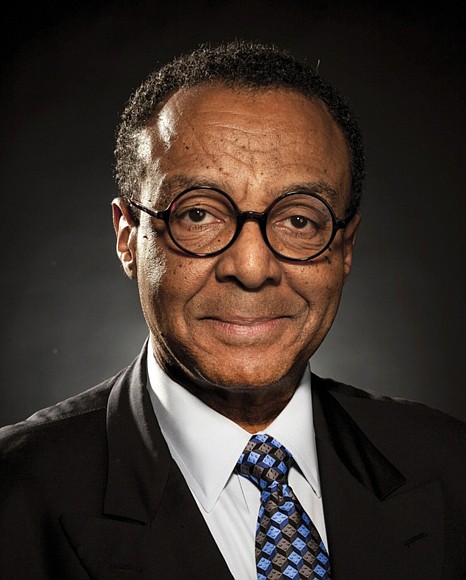Sen. Dianne Feinstein offered a valuable voice in a divided Senate, by Clarence Page
10/5/2023, 6 p.m.
Amid the multitude of tributes that poured out after her death at age 90, one description of California U.S. Sen. Dianne Feinstein, the Senate’s oldest sitting member, was appropriately prominent.
“A true trailblazer,” said President Biden, “a pioneering American,” and “for Jill and me, a cherished friend.”
“Dianne was a trailblazer,” Illinois’ senior U.S. Sen. Dick Durbin echoed in a statement. He served with Sen. Feinstein on the Senate Judiciary Committee for more than 20 years and called her public service “an inspiring chapter in the history of our nation.”
I won’t argue with any of that. The lavish tributes to her long career help me forget the widespread grumblings in her final weeks about her insistence on staying in office despite her increasing frailty and failing health.
Now, before we become immersed in the speculation over who will replace her, it is illuminating to look back at the woman who became mayor of San Francisco after a horrific double assassination at City Hall in 1978 — and went on to serve more than 30 years in the Senate.
Many of us are old enough to remember her rise to a history-making career and legacy as a pioneer that began with a particularly horrible tragedy.
She was on the board of supervisors in San Francisco in 1978 and on the verge of quitting political life when she found herself running toward the sound of gunshots in City Hall and found a dying Mayor George Moscone and Harvey Milk, the city’s first openly
Clarence Page gay supervisor. Both had been killed by Dan White, a disgruntled former supervisor, who was quickly captured and eventually imprisoned.
To the shaken city, she offered reassuring and eloquent leadership that would later help her win two four-year terms as mayor in 1979 and 1983. She advocated for gay rights in jobs and housing and supported developing programs to fight the AIDS epidemic in the early 1980s, years before President Reagan’s administration took up the fight against HIV as a public health menace.
In those days, she became a groundbreaker for women by becoming her city’s first female mayor and the first woman to be considered a presidential running mate (by Walter Mondale in 1984, before he later chose Geraldine Ferraro).
She lost a race for governor of California to Republican Pete Wilson in 1990, but won a special election to his old Senate seat in 1992, followed by a full six-year term in 1994. She was re-elected by large margins in 2000, 2006 and 2012.
Through it all, Sen. Feinstein maintained her almost stoic dignity and adherence to centrist principles, even when she sometimes frustrated members of her own party’s progressive wing.
She won a major victory when legislation she introduced effectively banned assault weapons for a decade until the law expired in 2004. Since then, the National Rifle Association doubled down on its efforts to prevent a repeat and, so far, has succeeded, despite growth in the threat of gun violence.
Now, the calls for Sen. Feinstein’s departure have been replaced by speculation as to who might be her replacement. Her death brings the Democratic majority in the Senate to 50 votes, against the Republicans’ 49 votes.
Suddenly, the fate of U.S. Sen. Bob Menendez, a New Jersey Democrat, takes on new importance with the possibility that the margin could shrink even more.
For a closely divided Senate, Sen. Feinstein offered an important voice of pragmatic liberalism, more interested in reaching agreement between mutual interests rather than driving more wedges between the factions, which has become a growing sport in today’s Congress.
Congress won’t have Sen. Feinstein as senator anymore, but her trailblazing leadership from the center-left offers a valuable model for those who come later.
The writer is a Chicago Tribune syndicated columnist.







